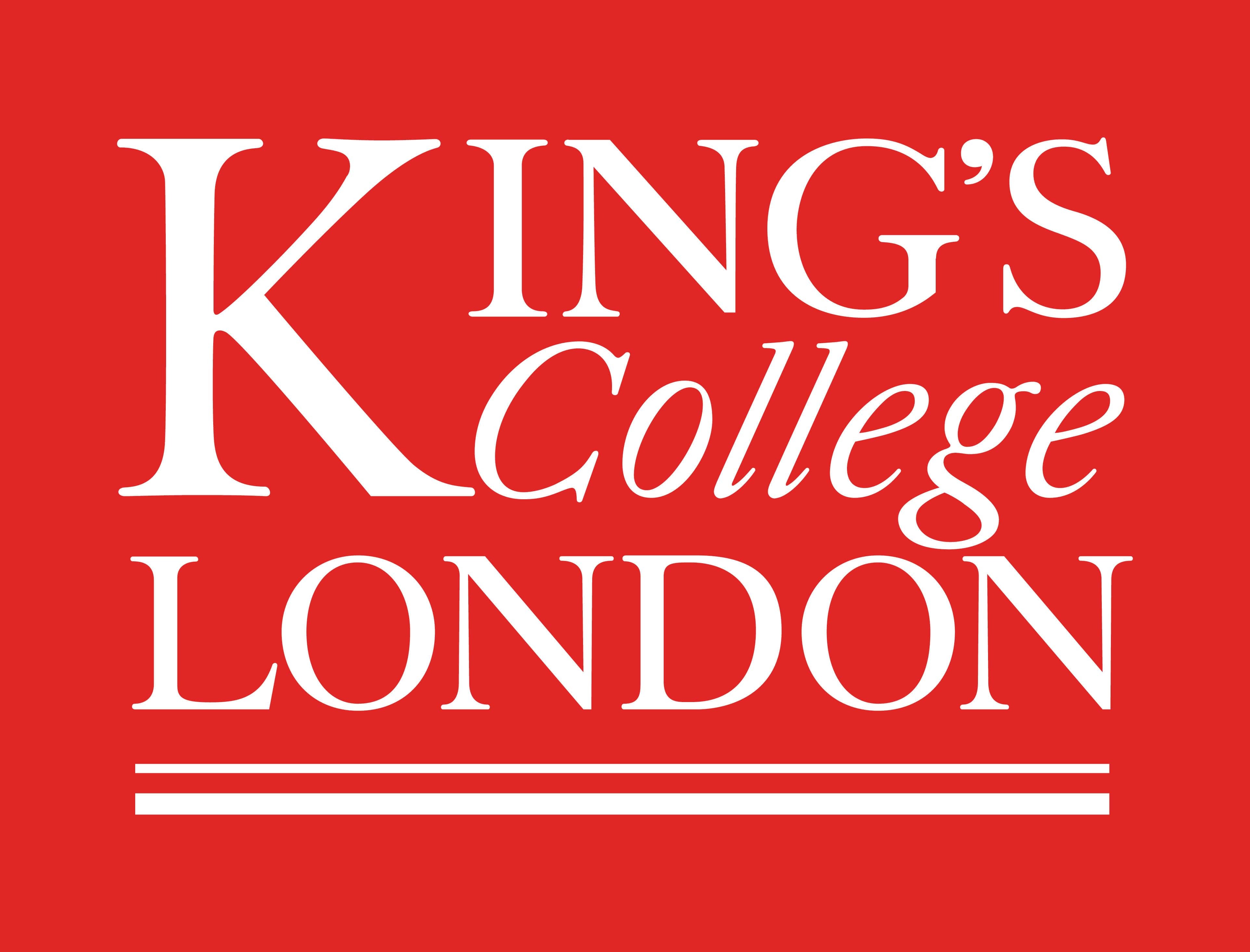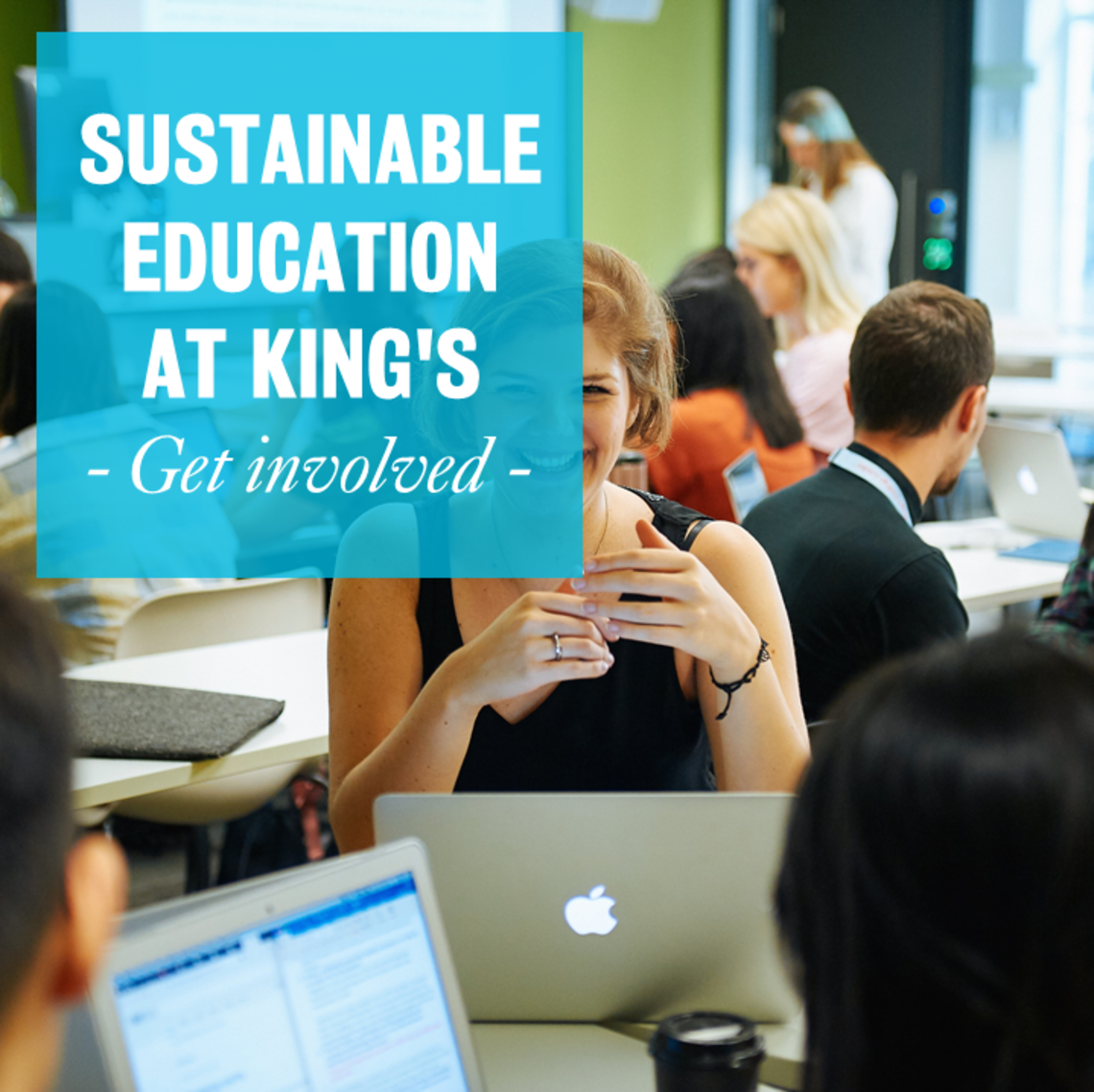Sustainability curriculum quality audit
Summary
This QAA project draws on a Education for Sustainability (EfS) module rating approach, first developed at UoG.
King’s has joined University of Gloucestershire and University of the Arts to refine the rating approach and assess how well modules as King’s integrate sustainability.
Support us to:
- Rate King’s modules at King’s on Education for Sustainability
- Help us to identify how we can refine the rating scale to King’s sustainability goals and strategies
- Communicate the results of the project across the Higher Education (HE) sector and apply findings to broader HE context
As this is an internal opportunity, staff cannot use Service Time to take part in this.
More information
This project, funded by the Quality Assurance Agency (QAA) for Higher Education, brings together the University of Gloucestershire (UoG), University of the Arts London (UAL) and King’s College London. The aim of this project is to create a blueprint for quality sustainability learning and to assist students on all degree programmes to be a driving force for sustainability practise at their university.
The project follows research by the National Union of Students’ sustainability charity, SOS-UK, which indicated that 84% of students across the UK expect sustainable development to be actively incorporated into all courses. At King’s, 90% of students want education on sustainability to be embedded into the curriculum, yet 72% said they have not been taught it yet (Kings 100, 2021).
The project will draw on a Education for Sustainability (EfS) module rating approach, first developed at UoG. The three participating universities will test and refine the rating approach, adapting the principles to each university setting and specific courses examined. This work will be done with the help of with trained students to assess the quality of EfS integration at their home institution, identifying best practice examples and areas for EfS development.
The collaborative project aims to go beyond using the UN Sustainable Development Goals (SDGs) to assess sustainable integration into the curriculum, but instead judge EfS integration by applying a rating framework which looks closely at the role of assessment and course structure.
Overall, the intention is to create a blueprint and guide for how to practically assess and embed EfS across the Higher Education sector.
The outputs of the project will include:
- A blueprint and method of Education for Sustainability assessment that can be applied to any course
- Tools to empower students to ask quality questions of courses and call out ‘curriculum greenwash’
- Publication of a Framework usable by students and academic teams to use this method, and support quality Education for Sustainability integration
- Webinar to disseminate findings to QAA Members
Broad timeline for the project as follows:
- Sept ’22 - Recruit student ‘Education for Sustainability (EfS) Co-ordinator’
- Sept-Oct ‘22 - Recruit student volunteers
- Oct-Dec ’22 - Audit modules
- January ‘23 - Results and conclude project

